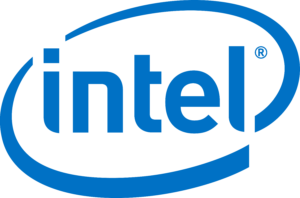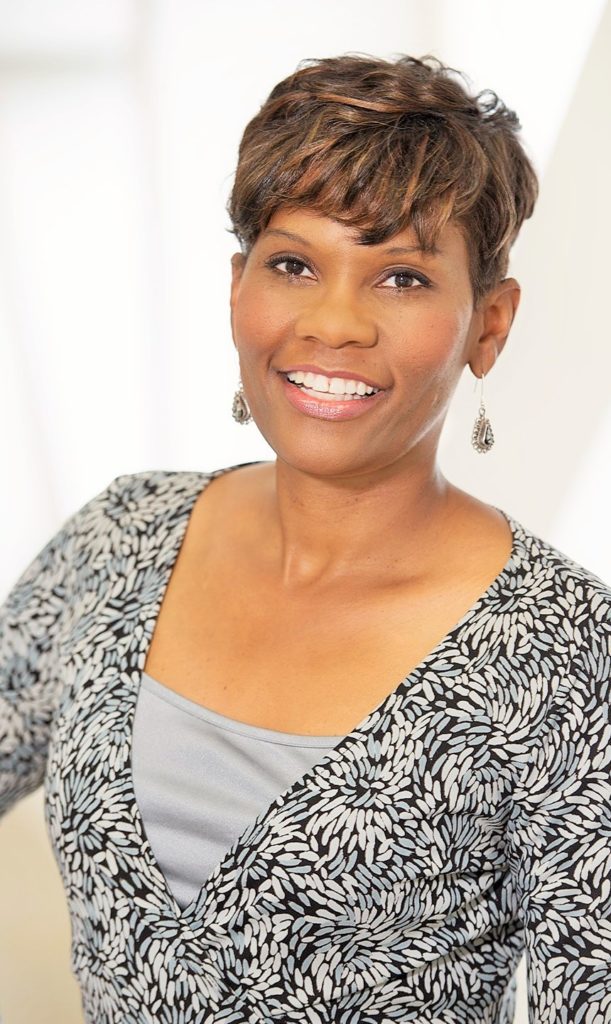WTOP: 5 ways nonprofits can…
Nonprofit HR is featuring experts and influencers who are making incredible impacts in the social sector.
Meet Pia Wilson-Body, President for the Intel Foundation. Before joining Intel foundation in 2015, Pia served as Director of Global Diversity External Relations and increased Intel’s thought leadership by formulating a first-in- class Diversity in Technology awareness campaign encompassing traditional and social media, editorial content, earned speaking events and several awards for the company. Also, Pia led the design and deployment of Intel’s Veteran’s initiative as part of the White House “Joining Forces” initiative led by former First Lady Michelle Obama and Dr. Jill Biden.
1. What or who inspired you to pursue your profession?
Wilson-Body: My friend’s mother, Lula Moore, was a Director at Girl Scouts of America Corporation. I was in awe of her leadership, commitment to give back to the community and her devotion to GSUSA. She was adamant about reaching girls from all socio-economic pockets to take part in the girl scouts; and was clear with staff of her expectations of inclusion. Lula Moore made sure no child was to be left behind. She role-modeled leadership and impressed upon me the importance of giving back at the tender age of 12.
2. How do you foresee talent shifts in the social sector, and is your organization preparing to meet new demands?
Wilson-Body: At Intel, we talk a lot about the explosion of data. The social sector is experiencing this trend as well. In my view, it comes down to an organization’s ability to get feedback from its beneficiaries, donors, and partners. Are you delivering the right programs to the right people? The tools are getting better, but without employees who know how to use them well, and without managers who know how to leverage them to make good decisions, they are just tools.
The Intel Foundation is in a special situation in that our small team of employees are comprised of Intel Corporation employees. For us, it’s more about how our team can develop deep ties in our communities and understand the needs of community based organizations. We also think about capacity building in our grant making, and how we can provide not only funding, but also expertise that helps social sector organizations deliver their services more efficiently, and more sustainably.
3. What disruptions have impacted your community?

What is still true is that without access to technology skills and experiences, a young person today is not going to be equipped for success in the workforce. But in the “old days” the ability to type well, use a word processor and create a spreadsheet could get you on the bottom rung of the ladder. Today, it’s more important that our youth develop the problem solving skills that can come from hands-on technology creation.
4. What’s on the horizon in your community, and how are you preparing to address it?
Wilson-Body: I think we are just beginning to understand the impact of the latest technologies on people. You might see artificial intelligence in your kitchen through a smart speaker, but how will AI affect our justice system? Driverless cars may enhance our lifestyle, but how does that impact the market? These are difficult issues to solve. Our approach is to work with partners that can effectively inspire people, especially youth, to become innovators, and to have that future community of diverse innovators.
5. Is there anything else you would like to share with our readers?
Wilson-Body: We all have something to give whether it’s your time, talent or treasures. As Anne Frank once said “No one has ever become poor for giving”.
Just for fun: What did you want to be when you were growing up?
Growing up, I wanted to join the Alvin Ailey Dance Theatre. Many of nights, I pictured myself performing in Revelations.
The dream never dies, even when you’re fifty and fabulous.
Find and follow Pia on social media: @weareintel @PiaDBody
More about Pia and Intel Foundation: The Intel Foundation is active world-wide, awarding $40 million in grants each year focused on increasing opportunities for girls, women, and under-represented minorities, and supporting the philanthropic efforts of Intel’s employees in education, their communities, and in response to disasters around the world. Pia has served on numerous non-profit boards including: Council of Foundations, Center of Women Leadership, Jesuit PAASA Chair, Oregon Black Historical Museum, Tigard Youth USATF Board, Les Femmes, Naperville School Diversity Advisory Board, UNCF Youth Advisory Board, and CSU Partners in Progress.
Learn more about the work that Nonprofit HR does with foundations as well!






























